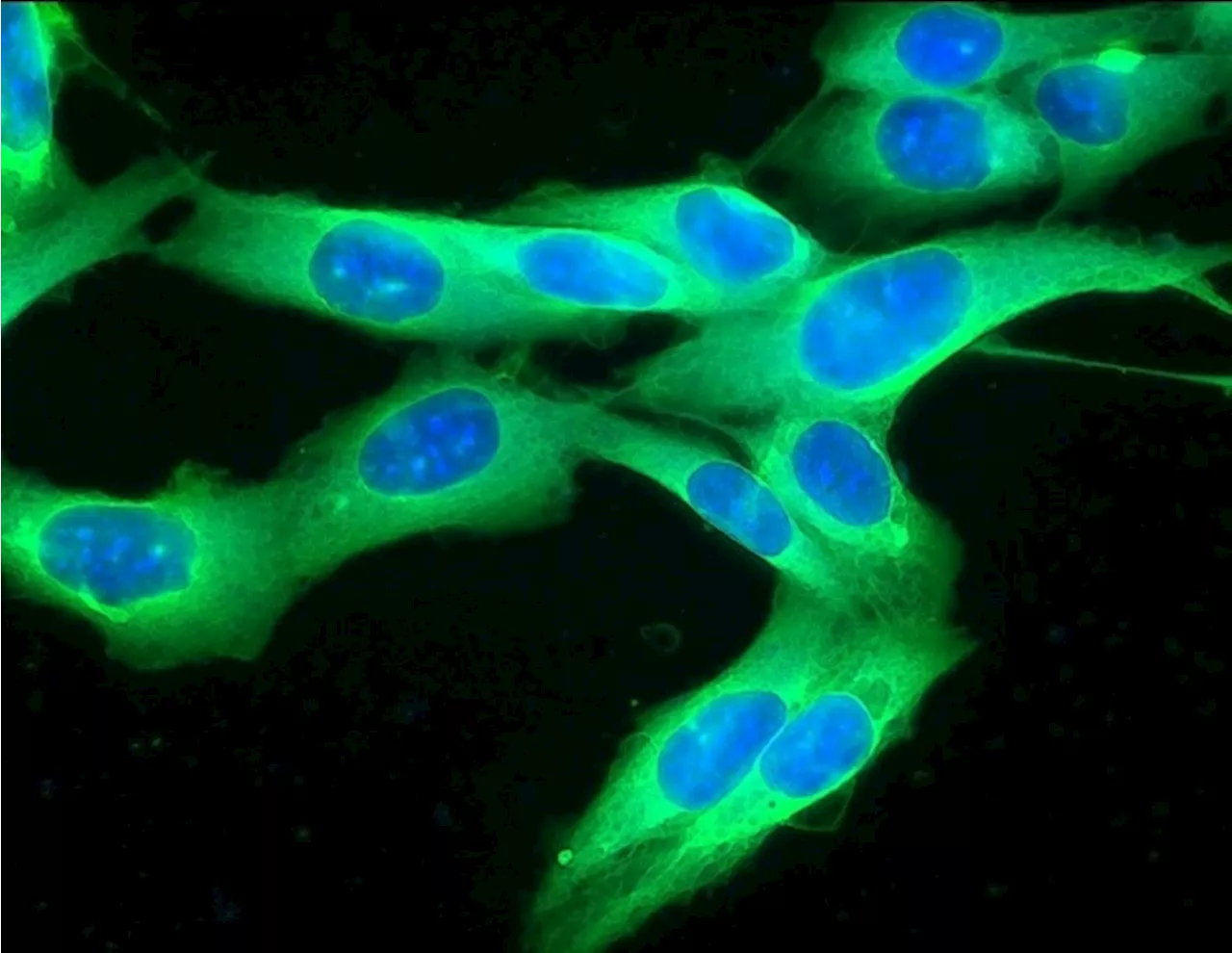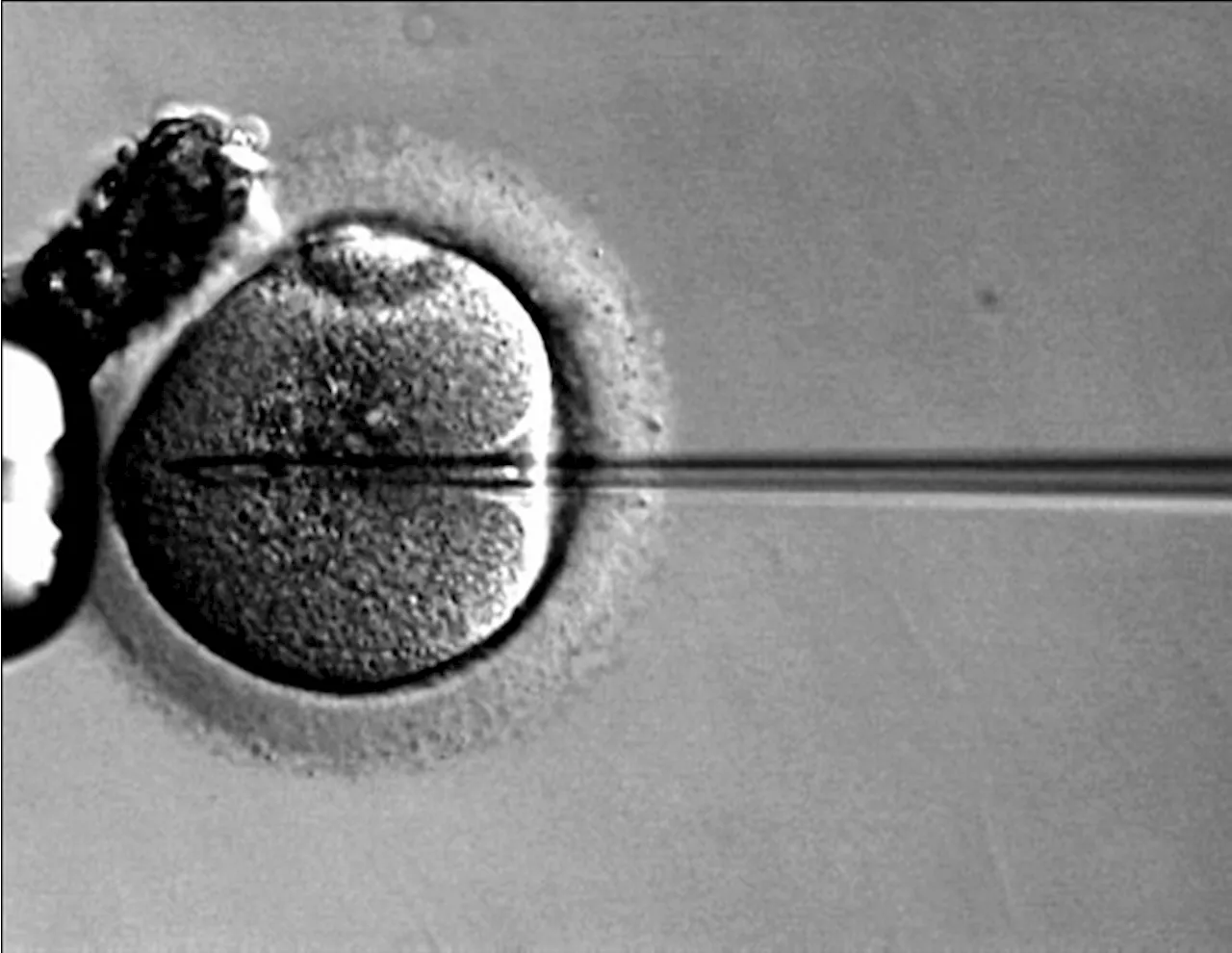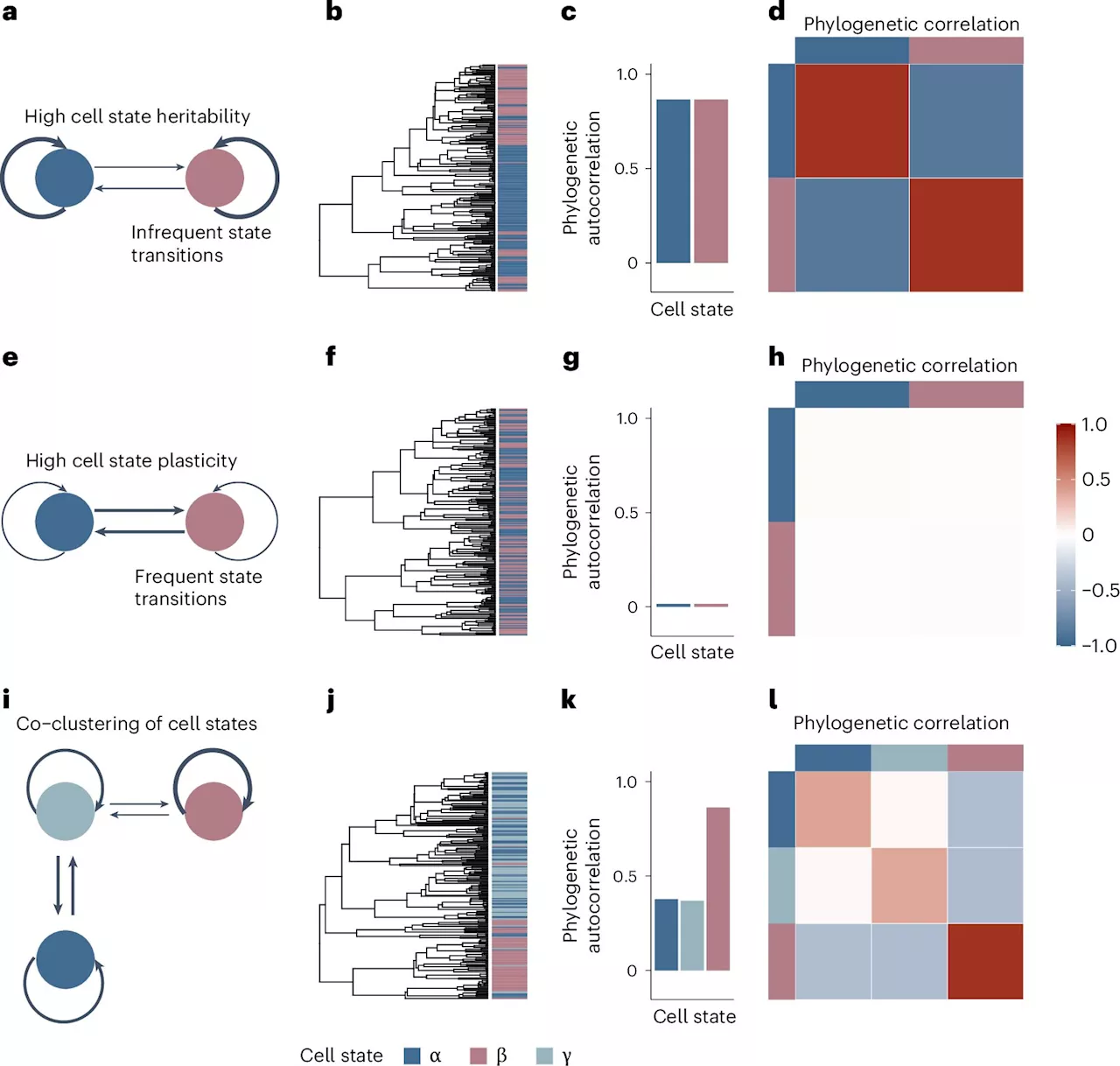Weill Cornell Medicine researchers have discovered a mechanism that ovarian tumors use to cripple immune cells and impede their attack-;blocking the energy supply T cells depend on.
Weill Cornell Medicine Oct 23 2024 The work, published Oct . 23 in Nature, points toward a promising new immunotherapy approach for ovarian cancer , which is notoriously aggressive and hard to treat.
Dr. Juan Cubillos-Ruiz, Senior Author, The William J. Ledger, M.D., Distinguished Associate Professor of Infection and Immunology in Obstetrics and Gynecology, Weill Cornell Medicine Working with collaborators, the researchers used a battery of biochemical assays to identify proteins that bind to FABP5. They found a protein called Transgelin 2 that interacts with FABP5 and helps move it to the cell surface.
Ovarian Cancer Blood Blood Vessels Cell Cytoplasm Gene Immune System Immunotherapy Lipids Medicine Micrograph Mitochondria OCT Protein Research Transcription Tumor
United Kingdom Latest News, United Kingdom Headlines
Similar News:You can also read news stories similar to this one that we have collected from other news sources.
 Study illuminates the origin and progression of bladder cancerHow bladder cancer originates and progresses has been illuminated as never before in a study led by researchers at Weill Cornell Medicine and the New York Genome Center.
Study illuminates the origin and progression of bladder cancerHow bladder cancer originates and progresses has been illuminated as never before in a study led by researchers at Weill Cornell Medicine and the New York Genome Center.
Read more »
 Trial evaluates monoclonal antibodies for long COVID preventionThe first randomized, placebo-controlled clinical trial evaluating the impact of therapeutic monoclonal antibodies on the risk of developing long COVID was led by researchers at Weill Cornell Medicine.
Trial evaluates monoclonal antibodies for long COVID preventionThe first randomized, placebo-controlled clinical trial evaluating the impact of therapeutic monoclonal antibodies on the risk of developing long COVID was led by researchers at Weill Cornell Medicine.
Read more »
 New insights into melanoma metastasis reveal potential drug targetInvestigators from Weill Cornell Medicine have discovered a defense mechanism that protects skin cancer cells from oxidative stress and helps them spread.
New insights into melanoma metastasis reveal potential drug targetInvestigators from Weill Cornell Medicine have discovered a defense mechanism that protects skin cancer cells from oxidative stress and helps them spread.
Read more »
 Study identifies biomarkers for immunotherapy success in liver cancerIt may soon be possible to determine which patients with a type of liver cancer called hepatocellular carcinoma would benefit from immunotherapy, according to a preclinical study by Weill Cornell Medicine investigators.
Study identifies biomarkers for immunotherapy success in liver cancerIt may soon be possible to determine which patients with a type of liver cancer called hepatocellular carcinoma would benefit from immunotherapy, according to a preclinical study by Weill Cornell Medicine investigators.
Read more »
 New magnetogenetics technology holds promise as a powerful tool for studying the brainA new technology enables the control of specific brain circuits non-invasively with magnetic fields, according to a preclinical study from researchers at Weill Cornell Medicine, The Rockefeller University and the Icahn School of Medicine at Mount Sinai.
New magnetogenetics technology holds promise as a powerful tool for studying the brainA new technology enables the control of specific brain circuits non-invasively with magnetic fields, according to a preclinical study from researchers at Weill Cornell Medicine, The Rockefeller University and the Icahn School of Medicine at Mount Sinai.
Read more »
 Analytical tool quantifies cancer's ability to shape-shiftA powerful new analytical tool offers a closer look at how tumor cells 'shape-shift' to become more aggressive and untreatable, as shown in a study by researchers at Weill Cornell Medicine and the New York Genome Center.
Analytical tool quantifies cancer's ability to shape-shiftA powerful new analytical tool offers a closer look at how tumor cells 'shape-shift' to become more aggressive and untreatable, as shown in a study by researchers at Weill Cornell Medicine and the New York Genome Center.
Read more »
